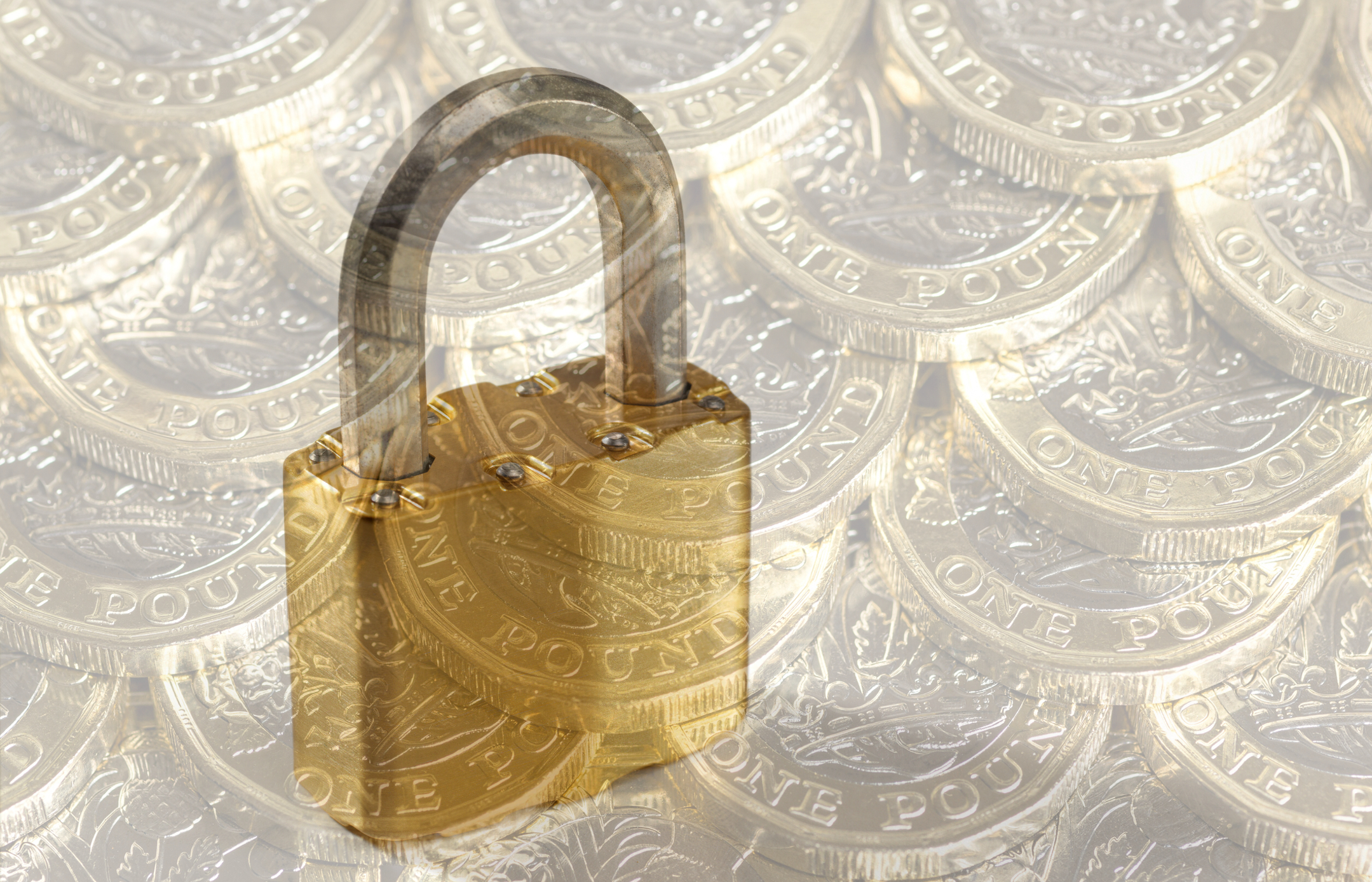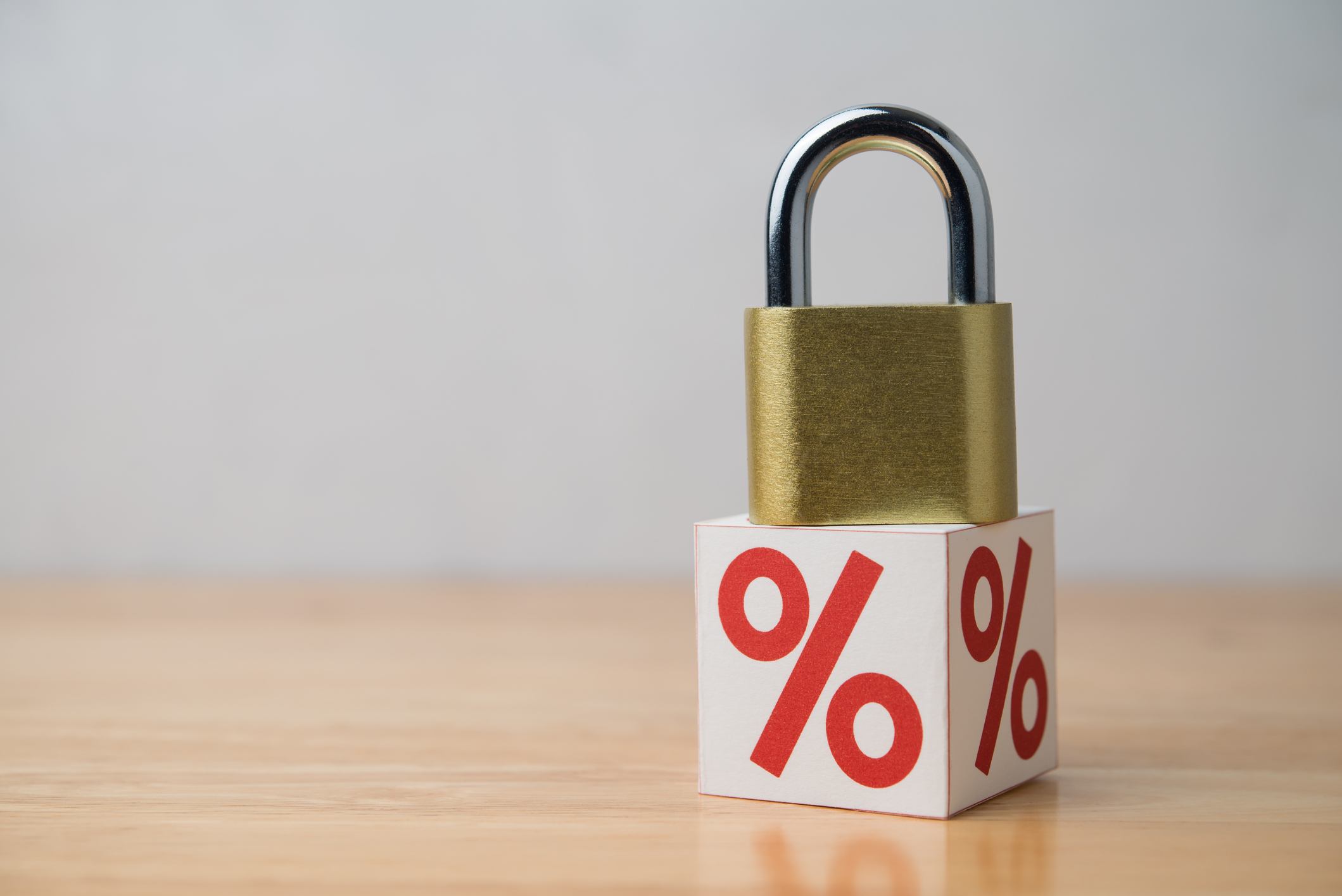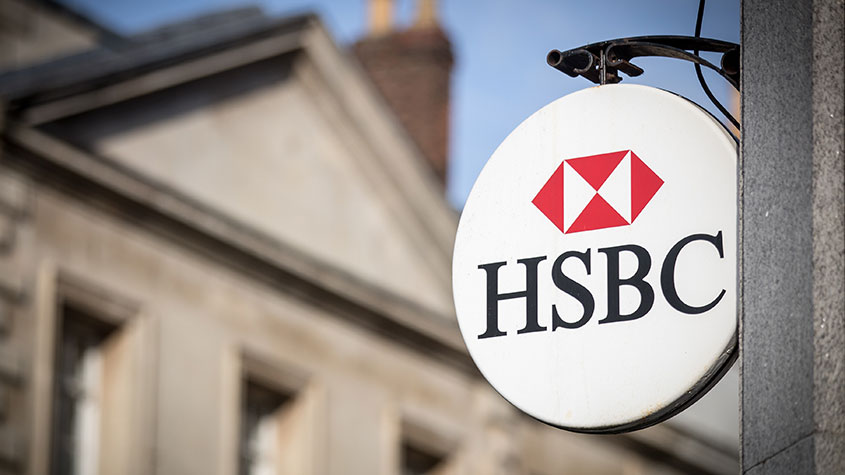Is NS&I safe?
National Savings and Investments (NS&I) is popular for its Premium Bonds and savings products. But how safe is it?

Jacob Wolinsky

Get the latest financial news, insights and expert analysis from our award-winning MoneyWeek team, to help you understand what really matters when it comes to your finances.
You are now subscribed
Your newsletter sign-up was successful
Want to add more newsletters?

Twice daily
MoneyWeek
Get the latest financial news, insights and expert analysis from our award-winning MoneyWeek team, to help you understand what really matters when it comes to your finances.

Four times a week
Look After My Bills
Sign up to our free money-saving newsletter, filled with the latest news and expert advice to help you find the best tips and deals for managing your bills. Start saving today!
National Savings and Investments (NS&I) is one of the best-known names in the UK savings market. The treasury-backed provider is popular for its Premium Bonds.
While NS&I products don’t currently beat the interest rates offered on the best savings accounts, there are some reasons why the government-backed savings provider could be appealing.
For instance, Premium Bonds prizes are tax-free, and while there’s no guarantee you’ll win in the prize draw, those who have maxed out their ISA and personal savings allowance could find they’re a good way to shield savings from the taxman.
MoneyWeek
Subscribe to MoneyWeek today and get your first six magazine issues absolutely FREE

Sign up to Money Morning
Don't miss the latest investment and personal finances news, market analysis, plus money-saving tips with our free twice-daily newsletter
Don't miss the latest investment and personal finances news, market analysis, plus money-saving tips with our free twice-daily newsletter
You may be wondering if NS&I could be a good destination for your money. So, how safe is NS&I? Can you trust it to look after your money? Here's everything you need to know.
Is NS&I safe?
Yes, NS&I is very safe. It’s backed by the UK government (specifically, HM Treasury), which means all savings are guaranteed 100% by the government. This is the case because NS&I is essentially an arm of the government.
When the government is spending more than it receives in taxes, also known as a budget deficit, it has to borrow money to fill the gap. This borrowing is usually done by issuing what are known as gilts or bonds. These IOUs have to be paid back with interest over a set period of time – usually decades. The government has only defaulted (not paid its debts) on these obligations once, and that was way back in the 1400s.
The government also borrows via NS&I. Every year when Treasury ‘bean counters’ are trying to work out how much the country will need to spend and borrow, they charge NS&I with raising a percentage of the borrowing total.
It is generally cheaper for the government to raise money via NS&I than on the international debt markets.
Can NS&I go bankrupt?
Due to its structure, NS&I can’t go bankrupt. For savers’ money to be in jeopardy, the UK government itself would have to be on the verge of bankruptcy. If that happens, savers would have bigger problems to deal with (for example, who’s going to pay for the NHS and police?).
There’s also no chance NS&I will be taken over by another bank or private equity firm. It’s highly unlikely the government would decide to sell it off as it wouldn’t want to lose control of that much public debt.
So, NS&I can’t go bankrupt, nor can it run out of money. That means any savings you have with the institution are 100% guaranteed.
By way of comparison, only £85,000 of your savings are covered under the standard Financial Services Compensation Scheme (FSCS).
In March 2025, the Prudential Regulation Authority (PRA) proposed to raise the deposit protection limit from £85,000 to £110,000. If taken forward, the new limit would apply from 1 December, 2025. The FSCS applies to all UK regulator-approved financial institutions, including building societies and banks.
Is NS&I a good place to keep my money?
If you’re worried about the stability of other financial institutions then NS&I is a good place to keep your money. But it’s worth keeping in mind that NS&I has a duty to taxpayers to achieve the best possible outcome by keeping costs low for the government. It does not have a duty to offer the best savings deals.
What’s more, due to its position in the market, demand for its products is often high, so it does not need to try too hard to get business by offering high interest rates. While the organisation sometimes issues market-leading rates, it has no obligation to do so.
As such, better rates are often available elsewhere. For example, the highest interest rates NS&I offer on their one-year fixed saving product, the Guaranteed Growth Bond, is 4.18%, lower than the 4.5% offered by the top one year fixed savings account on the market.
What are the best NS&I products?
NS&I offers a range of products. They’re designed to appeal to a wide range of people and the line-up changes from time to time. It’s worth seeing how these products compare to the rest of the savings market, as a cut to the base rate could push savings rates down. Here are some of the most popular products currently offered by NS&I.
Direct Savers
This works in the same way as other easy-access savings products and can be managed online. NS&I's Direct Saver offers 3.3% AER. If you're on the hunt for the best easy-access savings account, it’s worth checking how the NS&I Direct Saver compares to the rest of the market.
Guaranteed Growth Bonds
This is similar to other fixed-rate bonds sold in 'issues', each with a specific interest rate for the duration of the bond. NS&I’s Guaranteed fixed bonds have recently increased their interest rates.
They now offer 4.18% AER fixed for one year, 3.85% AER, fixed for two years, 3.88% gross/AER, fixed for three years, and 3.84% AER fixed for five years.
Savers can invest between £500 and £1 million per person per issue in these bonds. Interest is paid when the account matures. You might want to check the best fixed rate accounts on the market to see how NS&I’s fixed bonds compare.
For advice on what to do when your British Savings Bond matures, read our separate article.
Guaranteed Income Bonds
The Guaranteed Income Bonds offer up to 4.18% AER when you fix your cash for one year, 3.85% AER, fixed for two years, 3.88% AER fixed for three years, and 3.84% AER when fixed for five years.
In contrast to the Guaranteed Growth Bond, interest is paid monthly, rather than when the account matures.
Index-linked Savings Certificates
These are very limited products, sold in small issues that tend to be snapped up quickly. Each year, the investment's value moves in line with a measure of inflation called the Retail Prices Index (RPI), and they must be held for the full term. If you decide to cash out early, you’ll have to pay a penalty. Currently, Index-linked Savings Certificates are not on sale.
Premium Bonds
One of the most popular products from NS&I are Premium Bonds, which offer the chance to win tax-free cash prizes.
For each £1 invested, you get a chance of winning – for instance, if you save £500, you'll get 500 bonds and 500 chances to win a cash prize.
Cash prizes vary between £25 and £1 million, with two Premium Bonds holders winning the £1 million jackpot each month.
In September’s Premium Bonds prize draw alone 6,026,999 prizes were awarded to savers, with a total prize pot of £397,781,850.
NS&I has launched a prize checker tool so savers can check for Premium Bonds prizes each month.
As you are not necessarily guaranteed to win any prizes in the monthly prize draws, money you invest in Premium Bonds runs the risk of remaining stagnant.
If you leave your savings stagnant for long enough, they could start losing value in real terms as they are eroded by inflation.
Get the latest financial news, insights and expert analysis from our award-winning MoneyWeek team, to help you understand what really matters when it comes to your finances.

Daniel is a financial journalist at MoneyWeek, writing about personal finance, economics, property, politics, and investing.
He covers savings, political news and enjoys translating economic data into simple English, and explaining what it means for your wallet.
Daniel joined MoneyWeek in January 2025. He previously worked at The Economist in their Audience team and read history at Emmanuel College, Cambridge, specialising in the history of political thought.
In his free time, he likes reading, walking around Hampstead Heath, and cooking overambitious meals.
-
 Should you buy an active ETF?
Should you buy an active ETF?ETFs are often mischaracterised as passive products, but they can be a convenient way to add active management to your portfolio
-
 Power up your pension before 5 April – easy ways to save before the tax year end
Power up your pension before 5 April – easy ways to save before the tax year endWith the end of the tax year looming, pension savers currently have a window to review and maximise what’s going into their retirement funds – we look at how
-
 NS&I February Premium Bonds winners revealed – did you win £1 million?
NS&I February Premium Bonds winners revealed – did you win £1 million?More than 2.7 million historic Premium Bonds prizes are still waiting to be claimed, NS&I says
-
 NS&I cuts interest rates on 8 savings accounts – are they still worth it?
NS&I cuts interest rates on 8 savings accounts – are they still worth it?NS&I will now offer less attractive interest rates for customers wishing to lock their savings away to grow for one, two, three or five years.
-
 One-year fixed savings drop below 6% - have they reached their peak?
One-year fixed savings drop below 6% - have they reached their peak?The best one-year fixed-rate savings deals have fallen below the 6% mark. Find out if saving rates have reached their peak and the current top rates on the market.
-
 NS&I cuts interest rate on Green Savings Bonds - where can you get a better deal?
NS&I cuts interest rate on Green Savings Bonds - where can you get a better deal?News The state-backed bank has slashed the interest rate on its Green Savings Bonds from 5.7% to 3.95%
-
 Charles Stanley Direct launches cash savings - is it any good?
Charles Stanley Direct launches cash savings - is it any good?Charles Stanley Direct has launched a savings platform to give savers access to the best deals on the market. We look at how it compares to other services.
-
 November NS&I Premium Bonds winners - check now to see what you won
November NS&I Premium Bonds winners - check now to see what you wonIf you have money saved in NS&I Premium Bonds you can now check to see whether you have won a prize in the November prize draw. Here’s how to check your Premium Bonds.
-
 October NS&I Premium Bond winners - have you claimed your prize yet?
October NS&I Premium Bond winners - have you claimed your prize yet?October NS&I Premium Bond winners were announced earlier this month - but have you claimed your prize yet? Here’s how to check you have not missed out
-
 Act fast: HSBC to pull its 5.7% one-year bond
Act fast: HSBC to pull its 5.7% one-year bondSavers have until Wednesday to apply for HSBC’s one-year fixed-rate bond. The withdrawal of the account follows NS&I’s decision to pull its market-leading one-year bonds earlier this month. We explain why you need to act fast to secure the best rates.